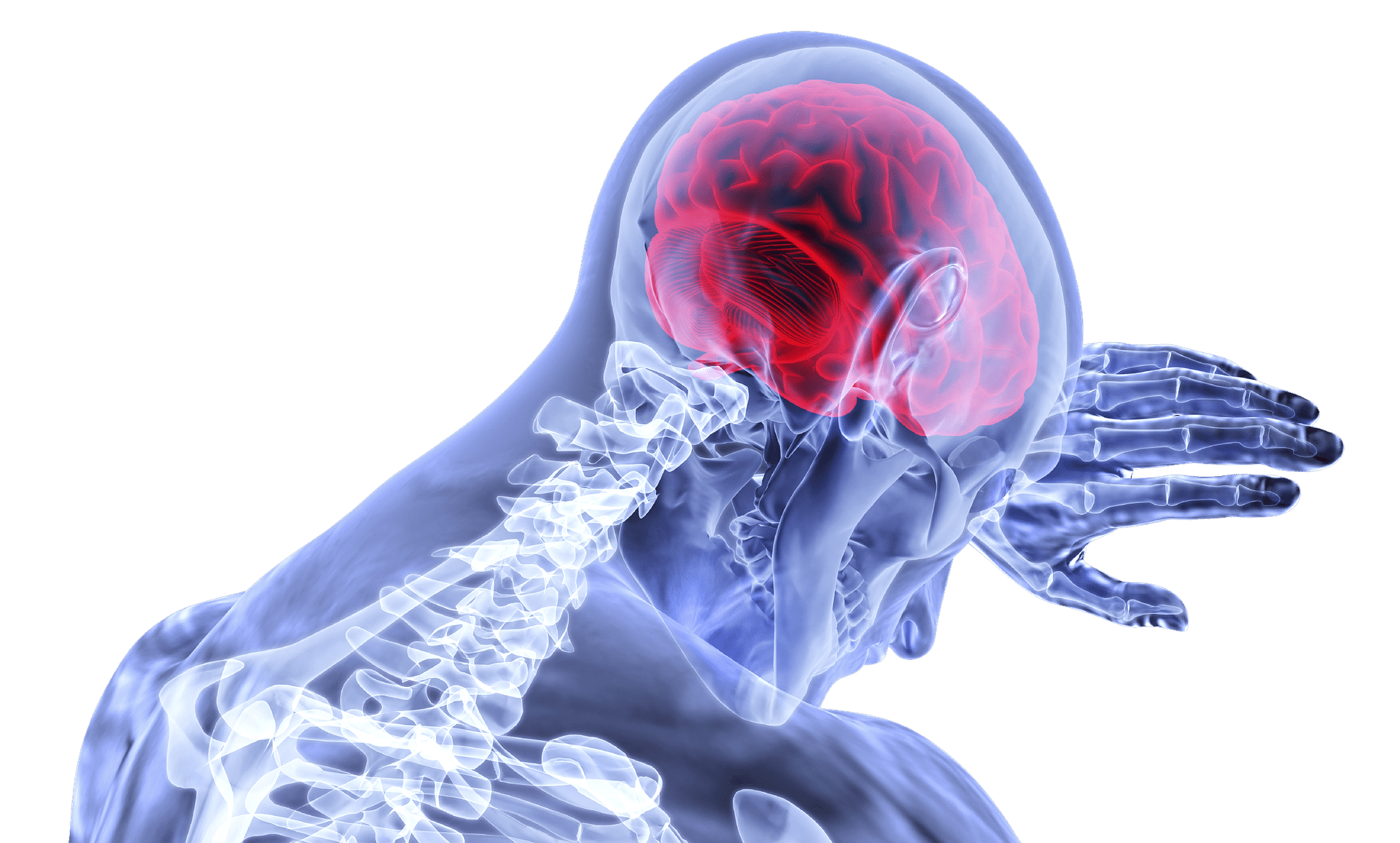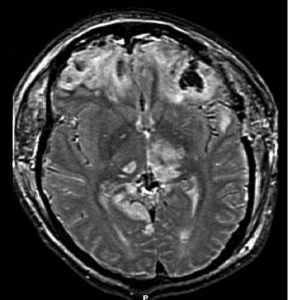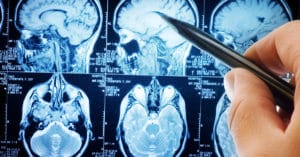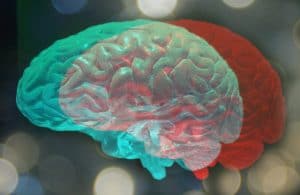Understanding Traumatic Brain Injury Claims In Queens

Every year, brain injury from work accident survivors battle serious medical problems due to bad falls on the job. Still, other New York City accident victims develop major head injuries in car and truck accidents. In fact, close to 1.5 million Americans annually suffer traumatic brain injuries (TBIs). Like most patients, you are probably eager to learn more about being accurately diagnosed and fully treated so you can return to your former job and lifestyle. We have designed this article to answer many of your questions.

Here is a closer look at some of the topics many Queens brain injury accident victims often ask about while trying to heal and move on with their lives. After listing some of the most frequent head injury symptoms indicating that you need immediate help, this article reviews key diagnostic tests that may be run to diagnose all your brain injuries. It also provides a broad overview of the types of treatments that may be offered to you.
Common types of head injury symptoms that can indicate you need immediate help
- A persistent headache that will not go away
- One or more periods of lost consciousness
- Major nausea or vomiting
- Ongoing drowsiness even after sleep. Also, difficulty falling asleep or staying asleep
- Speech difficulties
- Feeling very confused, even when consciousness has not been lost
- Dizziness or loss of balance while standing up or walking (if this is unusual for you)
- Ringing in your ears
- Blurred vision
- New difficulties with concentration or memory
- Unusual mood changes or depression – not experienced prior to the head injury
Most of the brain injury symptoms named above occur with moderate or lesser injuries. However, they still warrant an immediate trip to the emergency room (or to your doctor’s office) for evaluation.

Should you experience any of the following symptoms, often experienced by victims of severe blows to the head, you must get to an emergency room without delay.
- Seizures or convulsions
- Nausea so severe that your vomiting will not cease but for short periods of time
- There is clear fluid draining from an ear or your eyes
- You experience numbness or weakness in your fingers or toes
- Serious motor coordination problems develop – making it hard for you to walk
- A loss of consciousness occurs that lasts minutes or hours. If you live alone, always ask a friend or neighbor if you can spend some time with them after you have just been treated for a major head injury and sent home. Someone must watch you to look for a loss of consciousness. If you fail to do this, you could stop breathing and die.
Brain injury warning signs in young children harmed in motor vehicle accidents
- A marked change in sleeping habits
- An inability to stop crying after routine emotional events
- A change in nursing habits. Even if a baby has already been evaluated at a hospital after a vehicle accident – watch to see if the infant’s nursing habits change noticeably. Report such symptoms immediately to your doctor — or return to the emergency room. Also, older children may report (or exhibit) a major change in food preferences.
- A small toddler or older child may suddenly lose all interest in playing with favorite toys (or refuse to take part in games they enjoyed prior to the accident).
- A new, troubling type of drowsiness may appear. Always have this checked out immediately.
While the lists provided above are not intended to be comprehensive, they can help brain injury survivors and their family members spot new, troubling signs that (initial or) additional medical treatment must be obtained without delay.
What follows is a list of the types of brain injury diagnostic tests you (or a loved one) may soon need to undergo after more noticeable physical injuries have been treated.
Tests doctors often use to properly access a patient’s head injury status
- The Glasgow coma scale. During this test, a physician will ask the patient to perform simple physical tasks and answer basic questions. The doctor will also make visual evaluations of the patient’s physical and mental status.
- Blood will usually be drawn from the patient so the results can be carefully evaluated
- One or more different types of imaging tests may be run. These may include a CT or computerized tomography test that can help doctors discover possible blood clots, bruised brain tissues, and general swelling in the brain. An MRI is another type of imaging test that can be run to provide far more detailed brain images.
- Brain pressure tests may be ordered to keep monitoring possible bleeding in the brain

Different treatments often provided to head injury – or traumatic brain injury patients
- Rehabilitation. This may include (a) occupational therapy to help you relearn certain tasks you may no longer be able to perform. For example, you may need help relearning how to dress, feed, and bathe yourself again. Some patients may also require lessons on how to write or type again — or to handle other daily tasks like washing dishes or handling other important chores. Finally, many head injury survivors may need help with (b) physical or mobility therapy that can help them learn to walk again – or learn to use a wheelchair, walker, or other assistive devices.
- Language and speech therapy. Some brain injury patients may require extensive help learning how to speak again and properly pronounce many words they once knew and recognized.
- Social work interventions. If you are no longer able to support yourself by working, a social worker will try to help you find new housing and a local medical clinic where you can continue all necessary forms of rehabilitation or ongoing treatments.
- Neuropsychology and talking therapy assistance. Unfortunately, many patients struggling with new head injuries or traumatic brain injuries must work through painful and difficult emotions about what may be temporary or permanent physical and mental (or cognitive) limitations. Having a professional psychologist or therapist on your healthcare team can help you stay fully motivated as you seek to set – and then reach — important goals.
Family members can also benefit from therapy since they will need to provide extremely important nonjudgmental, emotional support to help the brain injury patient not give up hope — even in the face of overwhelming physical and mental challenges.
- Recreational therapy. During all the time you spend in rehabilitation, you may want to work with a therapist there to relearn old athletic skills – or master new ones — such as playing basketball in a wheelchair. Finding new ways to have fun again (while exercising) can help many brain injury patients realize that they can still enjoy many parts of their lives.
If you have suffered a severe head or brain injury in an accident caused by someone else’s negligence, you need to contact our Queen’s brain injury law firm. We will carefully investigate all the facts of your case, review all your medical records, and then fight hard to win the maximum compensation available to you. We want every client to fully recover for all lost wages, pain and suffering, medical expenses, and other losses.






